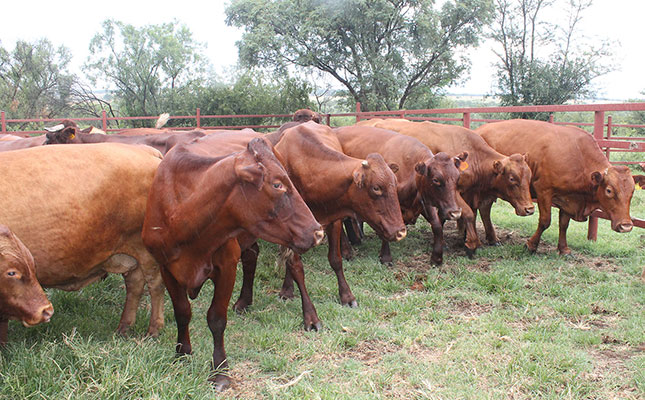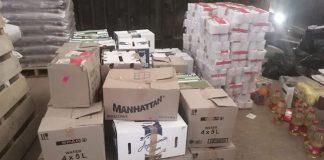
‘Financial services intermediary partners are an important channel through which the Land Bank extends funding and technical support to emerging farmers,” said Sydney Soundy, commercial development banking executive manager at Land Bank.
“The bank extends a loan facility to the intermediary at concessionary rates. The intermediary then on-lends to individual emerging farmers, passing on the concessionary rates. The benefit of this model is that the bank can offer technical support to the farmer and facilitate market access, ensuring that emerging farmers get support across the agricultural value chain. The technical aspects associated with farming and enterprise development support are taken care of by the intermediary while the Land Bank provides the funding solution.”
“The financial services intermediary has to be involved in the agricultural value chain and be an expert in a particular commodity. Land Bank is currently working with 11 intermediaries and aims to expand its intermediary programmes”
Soundy added that intermediaries generally had a targeted pool of emerging farmers to support, but farmers could approach the intermediaries directly to seek help. The bank also engaged with emerging farmers through its provincial office network, and serviced the farmers directly or put them in touch with the intermediaries as appropriate.
One of the intermediary programmes that the Land Bank is currently working with is Sernick Group’s social investment programme, which established the Serlaff Co-op project. Working in cooperation with the Land Bank, this offers financing to 59 emerging farmers for the management and sale of 3 500 weaners.
“The Land Bank made R25 million available and Sernick Group provides guarantees and administers the funds. The farmers are assisted to buy quality animals to be finished off in the feedlot,” Soundy said.
Patrick Sekwatlakwatla, head of corporate social investment at Sernick Group, said that the cooperative had been established in August 2014 with farmers that the group was already assisting with custom feeding of livestock.
“We noticed the poor breeds the farmers were farming with. We realised they needed help, and this partnership could help the bank to empower emerging farmers who would ordinarily be too high a risk to qualify for funding. We borrow the money of behalf of the farmers, the profit goes to the farmers and we make payments to the bank,” he said.
The Land Bank started funding the Serlaff Co-op project from July 2016. Since then, all the animals have been sold at a profit. Serlaff is currently looking at increasing its borrowing to R50 million in order to add more animals and profits.
Sekwatlakwatla said the farmers had been trained on the operations of the feedlot so that they could continue independently.
“Sernick Group has a farming academy for emerging farmers where the farmers study livestock production for duration of 12months. All the courses are subsidised by Agriseta and Sernick group. The farmers also attend a short course on artificial insemination offered by Serick group and branding operator course offered by Department of Agriculture Forestry and Fisheries (DAFF),” he said.
“The farmers stay in the programme for 3 years, which commenced in July last year and they will graduate in 2019. The farmers will go into secondary farming which includes opening their own meat wholesalers and buying shares in a business that is in secondary level,” he added.










